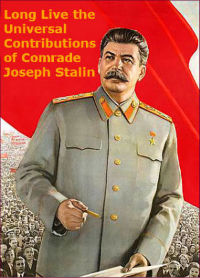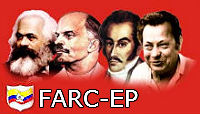 The following is from the website of the International League of People’s Struggle (ILPS):
The following is from the website of the International League of People’s Struggle (ILPS):
Salient points about the international situation
For the 3rd Congress of BAYAN USA
By Prof. Jose Maria Sison
Chairperson, ILPS International Coordinating Committee
Beloved compatriots and friends,
We, the International Coordinating Committee and the entirety of the International League of Peoples’ Struggle (ILPS), convey militant greetings of anti-imperialist solidarity to ILPS member-organization BAYAN-USA, to its leadership, its member-organizations and all the delegates to its Third Congress.
We congratulate all of you for your accumulated and current political and organizational accomplishments in the service of the Filipino communities in the USA and the entire Filipino people who are struggling for national liberation and democracy against US imperialism and the exploiting classes of big compradors and landlords in the Philippines.
We take this opportunity to express best wishes to the Filipino women who are participating in this congress and are all set to hold tomorrow the founding assembly of Gabriela-USA. This consolidation of women’s organizations is a further strengthening of the BAYAN-USA and the national democratic movement of Filipinos in the US.
My assignment is to present to you the international situation. Within the time allotted, I can give you some salient points. We can further discuss these in the open forum.

























